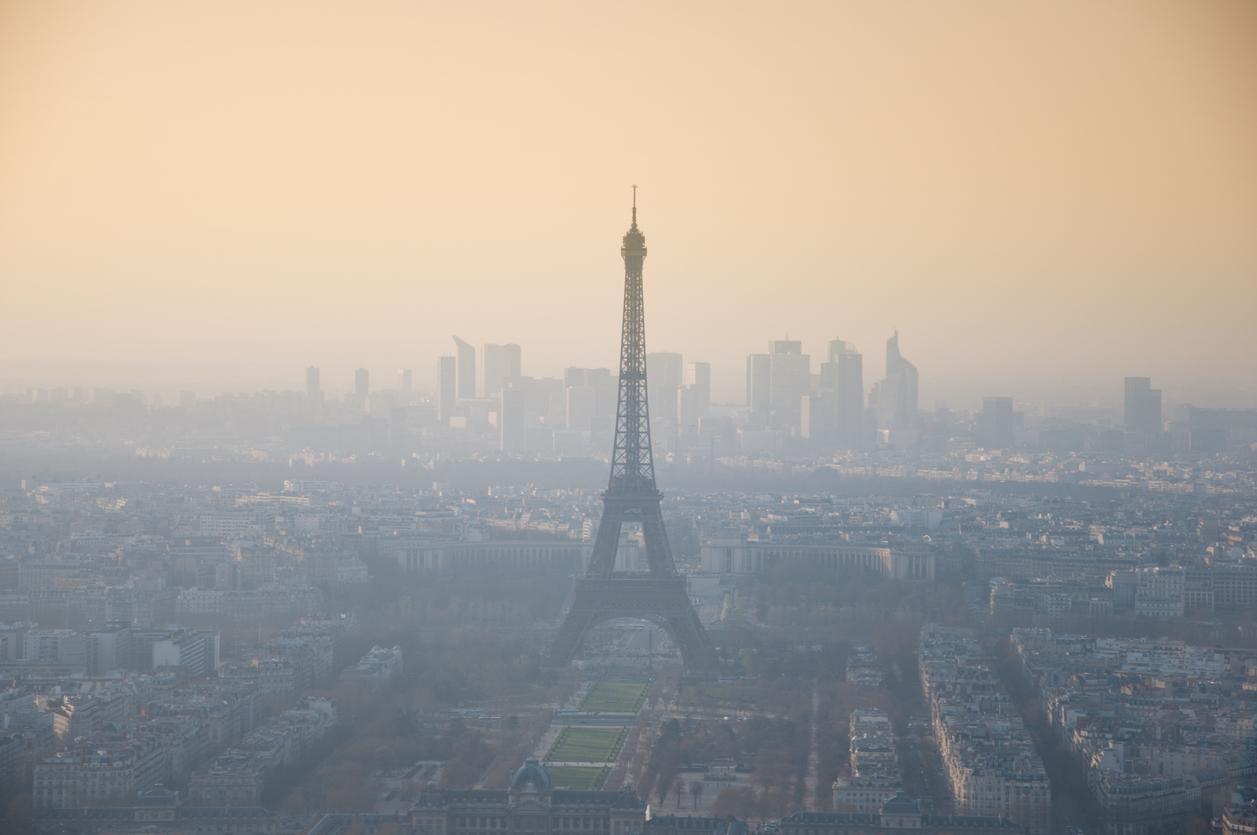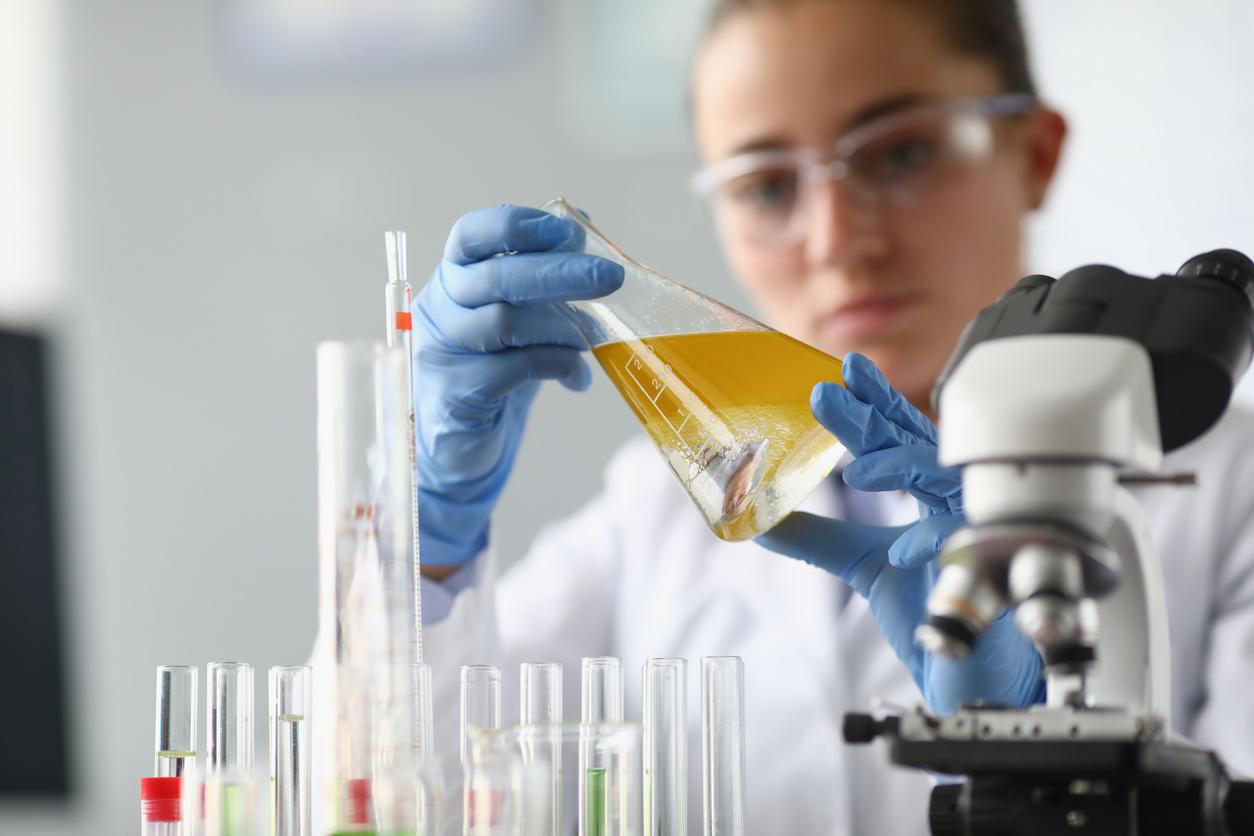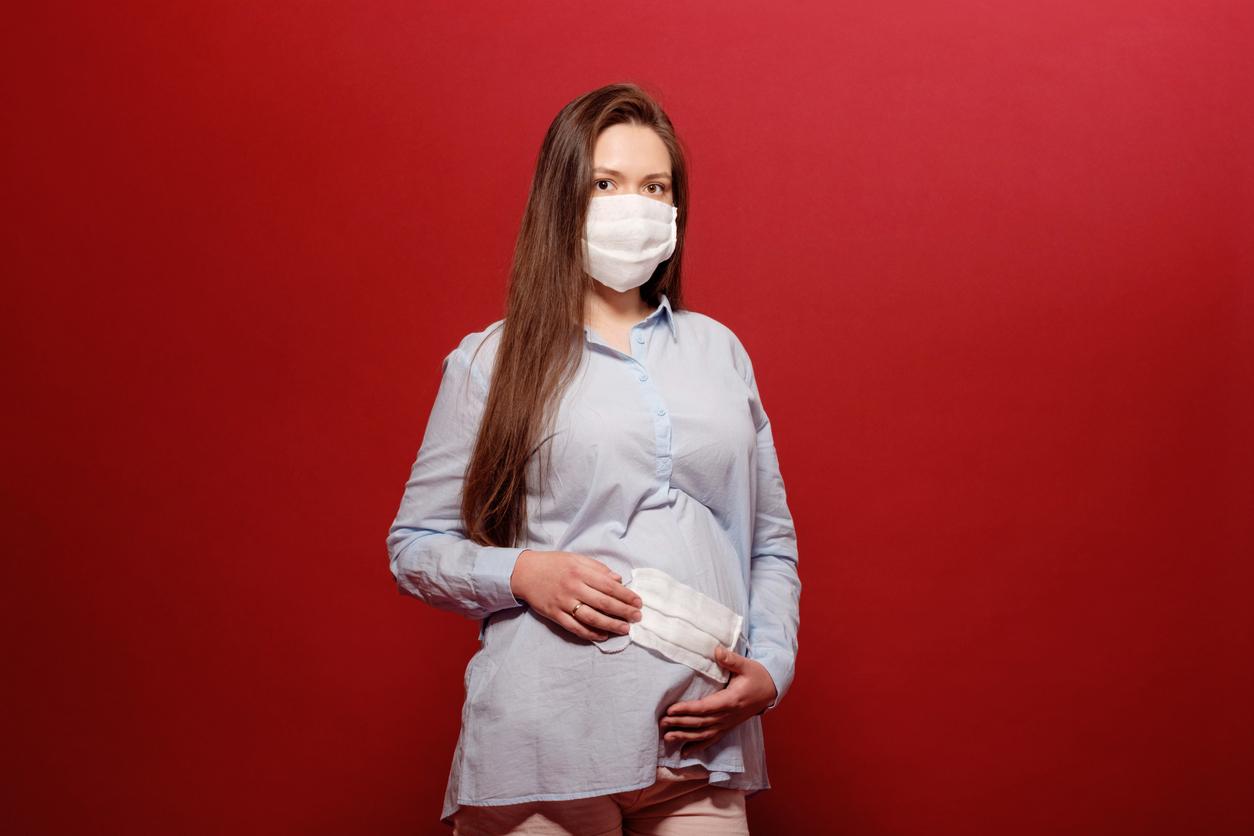Fine particles, which penalize air quality, can cause lung cancer, even in non-smokers.

- According to a new study, air pollution increases the risk of developing lung cancer in non-smokers.
- For the researchers, this phenomenon is linked to the chronic inflammation caused by exposure to fine particles.
- Researcher Allan Balmain suggests that dietary measures to fight inflammation could help fight the development of cancerous tumors.
Lung cancer is often linked to tobacco consumption. However, the proportion of non-smoking patients has almost doubled in 20 years, from 7.2% in 2000 to 12.6% in 2020. According to a new study published in the journal Naturethe cause of this phenomenon would be air pollution.
“The idea is that exposures to carcinogens could promote cancer without doing anything to DNA”explains Serena Nik-Zainal, medical geneticist at the University of Cambridge (United Kingdom). “Not all carcinogens are mutagens.”
Air pollution promotes the appearance of cancer cells
To verify this hypothesis, the researchers analyzed the levels of particles called PM2.5 (their diameter is 2.5 microns) and the incidence of lung cancer in 33,000 non-smokers in the United Kingdom, Canada, South Korea and in Taiwan. They focused on people with an EGFR gene mutation that is linked to a risk of uncontrolled tumor growth. The results show a clear association between air pollution levels and the occurrence of tumours.
Their work then led scientists to study lab mice with the EGFR mutation. The data showed that rodents exposed to particles, similar to those found in air pollution, were more likely to develop lung tumors than unexposed control animals.
However, the authors specify in a communicated that “Despite the higher rates of lung cancer, the mice did not show an increase in the number of mutations in their lung cells. Instead, there were signs of a sustained inflammatory response that lasted for weeks after exposure to particles”.
Pollution: chronic inflammation promotes lung cancer
After these two parts of the research, Allan Balmain of the University of California at San Francisco and author ofarticleadvance in the columns of Nature : “The primary mechanism by which air pollution causes cancer is not through the induction of new mutations. It is this sustained, chronic inflammation that is essential for these mutated cells to turn into tumours.”
The scientists also discovered that certain immune cells present in the lungs release an inflammation-promoting protein called interleukin 1 beta (IL-1β). In addition, mice that received an antibody blocking IL-1β, recorded a decrease in the incidence of lung cancer.
But for Allan Balmain, it would be complicated to treat the entire population exposed to high levels of air pollution preventively with this type of treatment. Especially since the drug could cause unwanted side effects in individuals without health concerns. For the expert, it would be better to focus on dietary interventions that can fight cell inflammation.

















